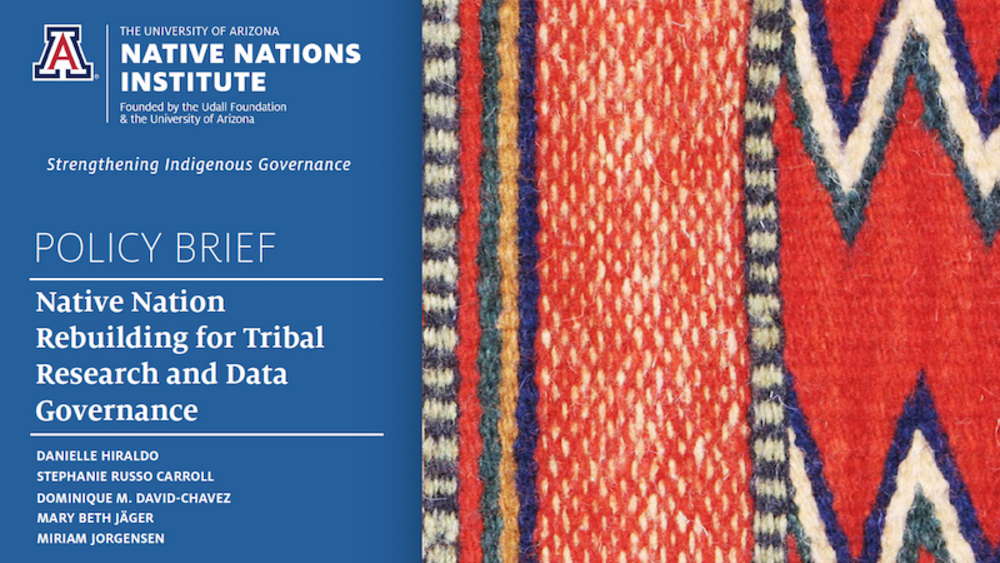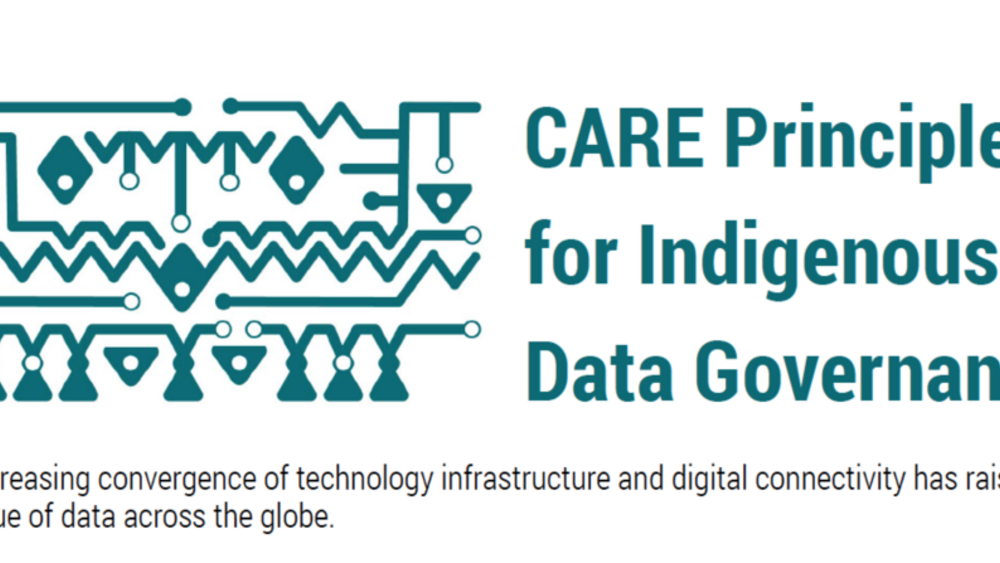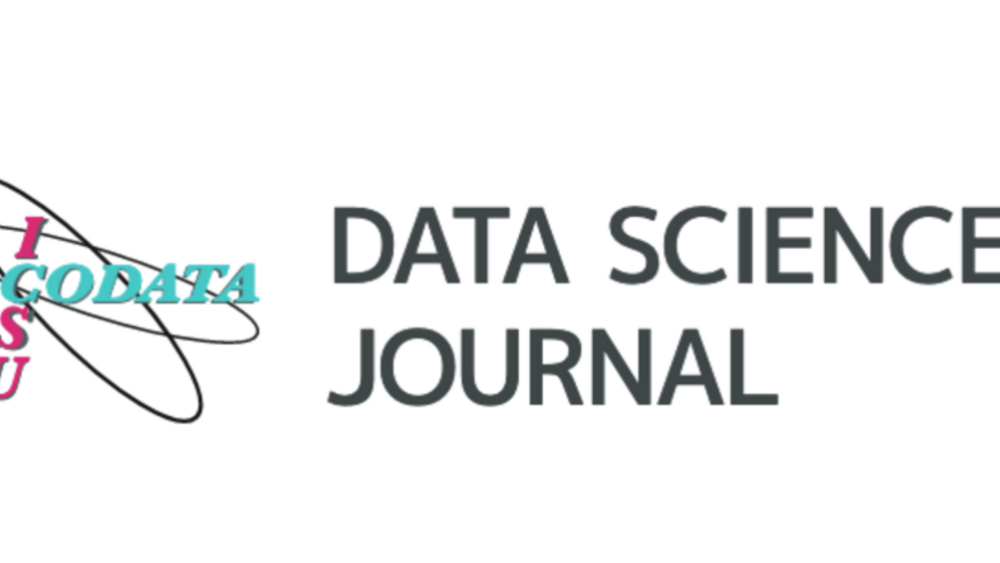Indigenous land management practices result in higher species richness, less deforestation, and land degradation than non-Indigenous strategies. Many environmental researchers, data repositories, and data service operations recognize the importance of collaborating with Indigenous nations, supporting their environmental stewardship practices, and aligning land stewardship mechanisms with Indigenous rights. Yet these individuals and organizations do not always know the appropriate processes to achieve these partnerships. Calls for government agencies to collaborate with Indigenous land stewards require an increasing awareness of what Indigenous data are and how to manage these data. Indigenous data sovereignty underscores Indigenous rights and interests and can provide a structure for data practices. In this seminar talk, Dr. Lydia Jennings discusses what constitutes Indigenous data, how to apply an Indigenous data sovereignty framework to environmental research, examples of Indigenous data governance, Tribal Nations’ leading the scientific inquiry process, and how environmental scientists can co-create with Indigenous communities to answer community-driven research questions.
Additional Information
National Center for Ecological Analysis and Synthesis (NCEAS). 'Indigenous Data Sovereignty: How Researchers can Empower Data Governance' with Lydia Jennings. May 2021.



